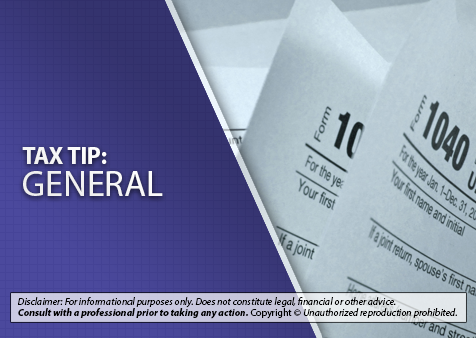If your income varies from year to year – for instance, if you change jobs often or get a significant part of your income from the gig economy – tax planning can get complicated. Certain activities that increase your tax bill during higher-income years might have little impact during lower-income years. Similarly, an expense that results in a sizable tax deduction during a lower-income year might not be deductible at all during a year when your income is higher.
For example, if your income for a particular year falls into the 10% or 12% IRS tax bracket ($39,475 or below for single filers, or $78,950 or below for joint filers), you might qualify for a 0% long-term capital gains tax rate. Therefore, it might be an especially good year to sell property that you have held for 12 months or longer. Meanwhile, the two major advanced education tax credits, the American Opportunity Credit (AOC) and the Lifetime Learning Credit (LLC), have different income limits. As a result, some years might be more favorable than others for pursuing particular educational goals.
A qualified tax advisor can help you determine which activities with potential tax implications would be most appropriate to undertake this year, and which others you might want to defer until a later year. Thoughtful planning can yield substantial tax savings over time.



